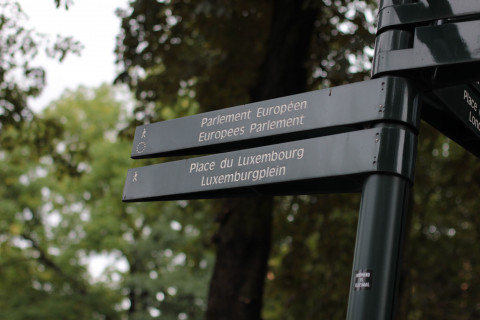The European Parliament hosts a webinar under the title Public Procurement of ICT and electronics: Power of engagement and challenges of verification. The goal is to demonstrate what kind of public procurement policies and practices are possible in information and communications technology (ICT)/electronics.
The webinar is co-hosted by European Parliament vice presidents Heidi Hautala and Marcel Kolaja.
European Parliament hosts a webinar about public procurement of ICT & Electronics





